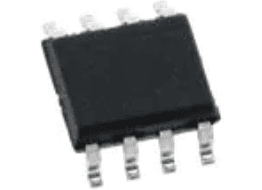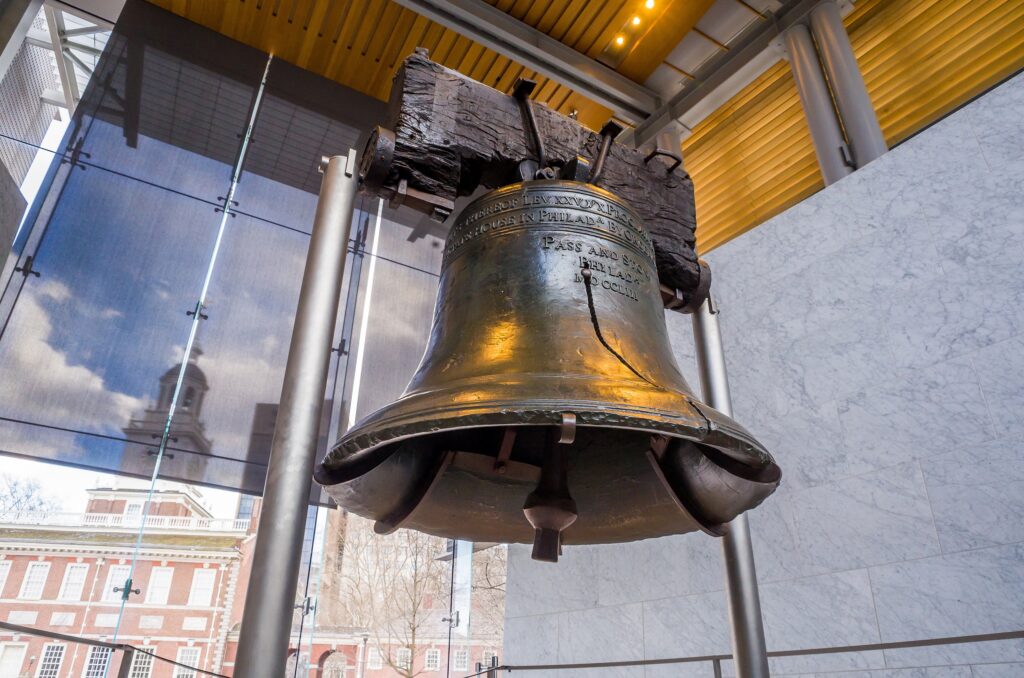Foreign NPE Wants ITC to Ban $200k Electric Car in Licensing Dispute Over $3 Chip
The U.S. International Trade Commission received two new Section 337 complaints last week from a pair of foreign patent licensing companies. These complaints are the 6th and 7th ITC cases filed since 2019 by a group of Irish entities under common management and ownership.
The first new complaint—Power Inverters and Converters, Vehicles Containing The Same, and Components Thereof—was filed by Arigna Technology Limited and seeks to exclude imports of electric cars. The accused vehicles are made by BMW, Mercedes-Benz, and various VW-owned brands including Audi, Bentley, Lamborghini, Porsche, and Volkswagen. The complaint also names General Motors as a respondent and seeks to block imports of a component for the U.S.-manufactured Chevy Bolt.
Arigna’s patents do not describe electric cars or even car components but are directed to particular designs for components of electronic circuits. For each accused product, the allegedly infringing component is made by either Infineon or Analog Devices. Those devices are purchased by third-party manufacturers to make auto parts that are then sold to the respondent automakers and incorporated into vehicles worth between $40,000 and $200,000. Each vehicle contains one allegedly infringing component, which can be purchased online for $3–$7.

AD8418 Current Sense Amplifier costs $3.20 plus $7.99 shipping

Lamborghini Urus with voltage converter containing one AD8418 current sense amplifier has an MSRP of $218,009
The second complaint—Capacitive Touch Sensing Systems, Capacitive Touch Sensing Controllers, Microcontrollers With Capacitive Touch Sensing Functionality, and Components Thereof—was filed by Neodron and is the third ITC case that entity has brought to the ITC in the last two years. The two previous complainants, which ended in settlement last year, combined to target over 90% of the U.S. smartphone market. In its new complaint, Neodron is asserting the same patents as before but against chipmakers (Cypress, Renesas, and ST) instead of device makers.
In both cases, some or all of the asserted patents were originally granted to U.S.-based chipmaker Atmel. Atmel was acquired in 2016 by Microchip Corporation, which then sold portions of Atmel’s patent portfolio to the Irish NPE group. As a result, Microchip is a licensee of the patents, and both cases are relying on investments by Microchip as a third-party licensee to show the existence of a domestic industry. Although Microchip does manufacture chips that allegedly practice the patents, it does not make smartphones or power inverters or electric cars.
Allowing these sorts of licensing disputes to be adjudicated by a trade agency serves no legitimate policy goal. There is no jurisdictional or practical impediment to litigating these cases in federal district court; indeed parallel infringement lawsuits have already been filed. And there is no trade-based rationale for protecting a domestic industry that is not seeking relief and does not compete with the targeted imports.
Most importantly, an exclusion order provides no direct benefit to the complainants, but will undoubtedly harm consumers, suppliers, and other patent owners unable to collect royalties from blocked sales.
The value such an exclusion order provides for the complainant lies entirely in its punitive effect on the respondents. By threatening an import ban on a high-value product based on infringement of a low-value patent, complaints gain undue leverage in settlement negotiations.
This is exactly why non-practicing entities are generally not entitled to injunctive relief under U.S. patent law. When the ITC allows such entities to seek “trade” relief under Section 337, the agency directly interferes in the proper role of the federal courts and needlessly disrupts the U.S. patent system.
Thankfully, these sorts of cases can easily be eliminated by adopting reforms laid out in the Advancing America’s Interest Act. If enacted, this bill will end the ITC’s practice of allowing licensing entities to establish domestic industry by subpoena (that is, relying on investments of a licensee that did not join the complaint) and require that any qualified licensing actually “lead[] to the adoption and development of articles that incorporate the patent.”








